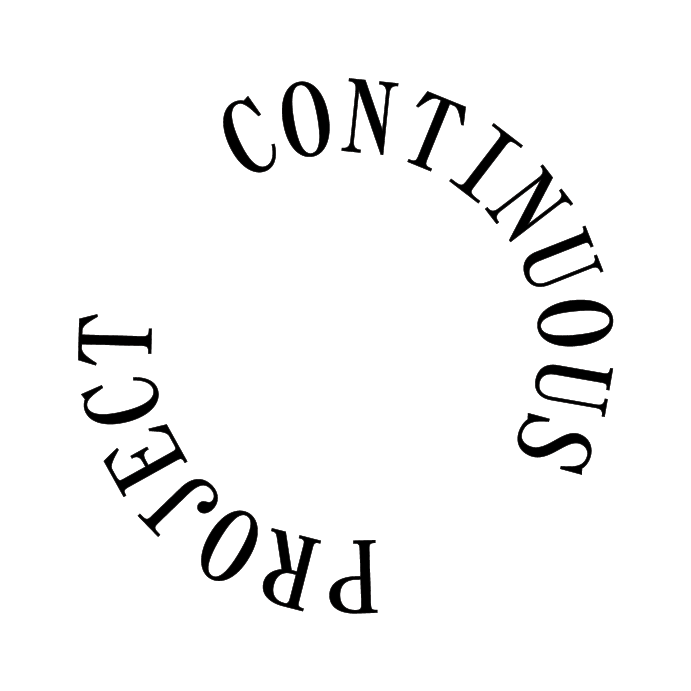Is there a way that I can relate to time or manage my time that would help me feel more grounded and effective in my life?
Dear CP,
TIME. Time is suddenly moving faster than I ever remember experiencing it, and it’s making me feel overwhelmed and out of control. Is there a way that I can relate to time or manage my time that would help me feel more grounded and effective in my life?
I can relate. And from what I’m hearing from my clients and students—as well as friends and family—so can lots of others. My first recommendation is to slow down. Our lives are for living, so it can be natural to pile up commitments and plans, but our lives are also for appreciating what we have and what and who is around us. Meditation can help with this, even just a few minutes a day; there are lots of great apps for guided meditation, such as Headspace, and both secular and religious meditation groups abound in communities around the globe, if you’re minimizing your use of digital devices—which also happens to help with time management and appreciation of life :)
Before I offer my time management protocol, I want to talk about energy management for a moment. Our relationship to and perception of time is intimately intertwined with our energy. When we are tired and run down; or when we’re rested and calm; or when we’re stressed and distracted; these different energies influence our relationship to time and our understanding of time in the moment. If time seems out of your control, you might experiment with paying attention to your energy. By identifying your energy, you’re also acknowledging your capacity. Once you define your capacity, you can more effectively prioritize, delegate, and set boundaries—all of which contribute to time management.
OK, so let’s move on to time management. I didn’t invent any of the ideas here; these are tried and true tools and techniques from the world of time management. I’ve refined and organized these tools and techniques by working with them myself and with my clients and students for years, so I suppose I can say these are familiar tools inflected with a Continuous Project approach.
1. Do a time audit. For 2 weeks, record everything you do and how much time it takes. No one else will see this, so be honest :) It’s a fact-finding mission: honesty is crucial. Once you really see how you’re spending your time, it’s a little easier to make evolutions, such as altering habits; setting clearer boundaries; or seeking support for certain tasks.
2. Have a calendar. Paper or digital, doesn’t matter, but please have one and use it. When appropriate and useful, share your personal and work calendar with the people you live with. When appropriate and useful, share your work calendar with people you work with. Limit calendar entries to external obligations, plans, and recurring events like birthdays, anniversaries, or exercise classes you go to regularly. Review and revise your calendar often.
3. Design a routine. And then practice it. A template is here, and examples are here. Calendar items only land on the routine if they are recurring daily or weekly, such as therapy or an exercise class (or a weekly meeting with me!). Otherwise, keep categories somewhat general: Sleep, exercise, eating, work, social time. Review and revise the routine often; perhaps daily, at least weekly. Note: The template follows the default calendar layout of Sunday-Saturday; however, you are welcome to start your week on whatever day you prefer. My week starts on Saturday, both on my routine and on my Google calendar, which I recently discovered is adjustable. Another note: The routine is inspired by the concept of time blocking but rather than attend only to work projects, it holds space for the whole of life. In my opinion, this is critical to not only time management but a deeper appreciation of life, simultaneous to time management—it’s a way to decouple time management from the concept of productivity, which is toxic capitalist propaganda.
4. To-do lists. Though I am a firm believer in externalizing ideas and tasks from our brains into some kind of storage space like a notebook or word processing document, I actually am not 100% convinced that to-do lists are always helpful. That said, I do use them most of the time, and I do have a protocol I follow: Big List, Project List, Weekly List, Daily List. You’ll see descriptions of all 4 of these lists in the how-to. As always, experiment for yourself; take what works and leave the rest.
Ironically, time management takes time. But as I said at the start, my first recommendation is to slow down. Take a look at your use of time, notice your energy, and then use the protocol as a way to ritualize your use of time. This process will help you slow down so that you can feel less overwhelmed, gain more control over your time, and feel more effective. I hope you find some empowerment and calm in the process.
